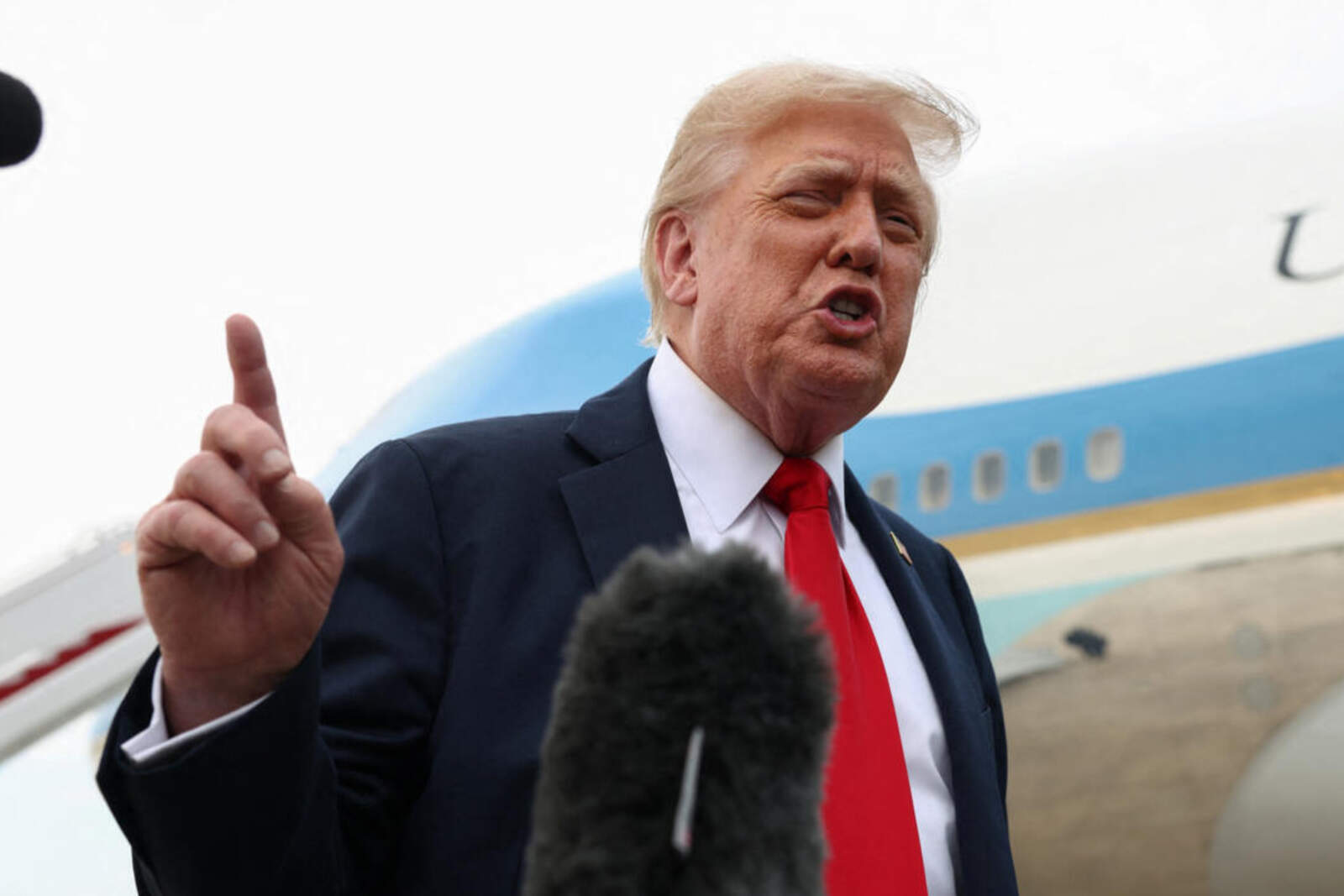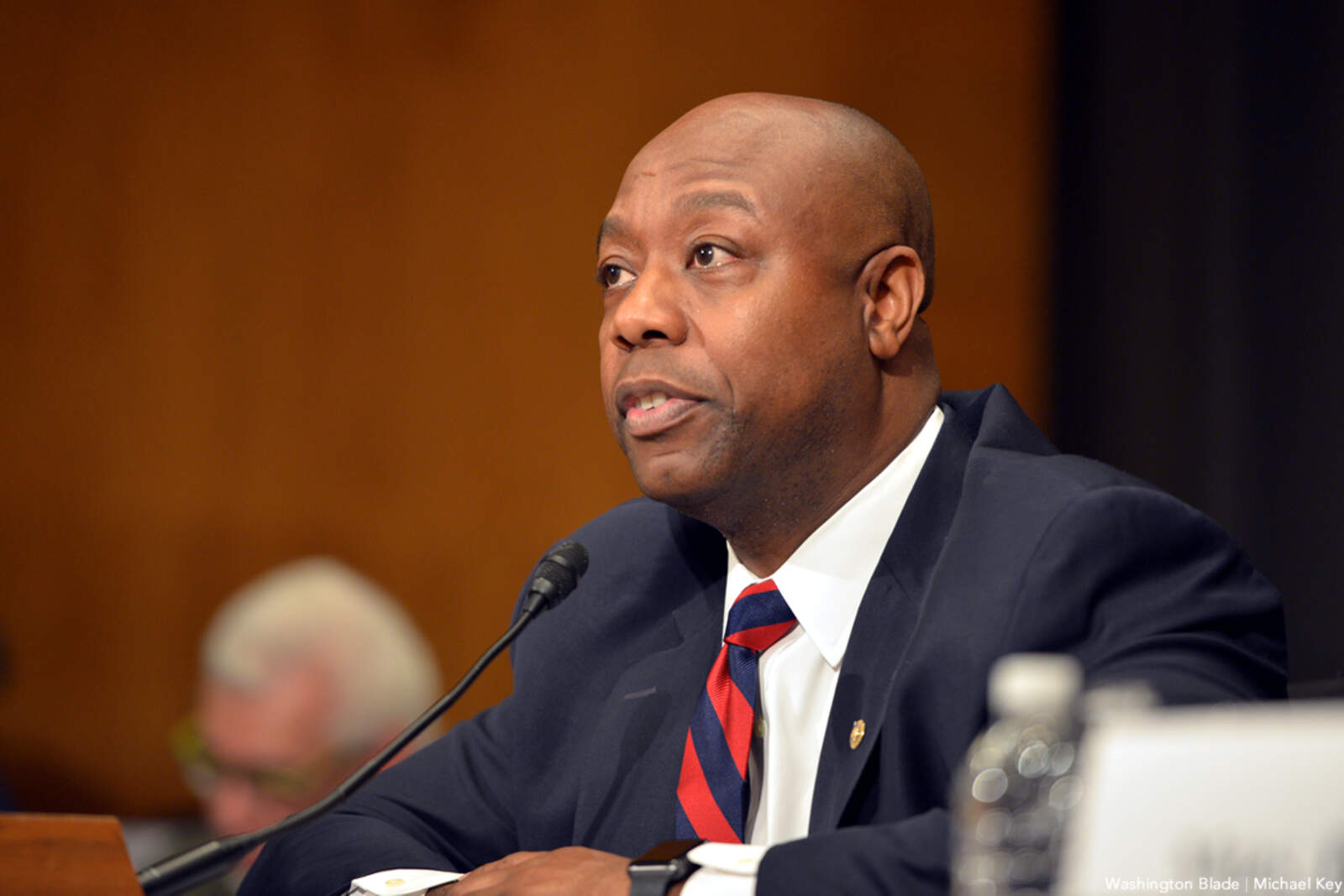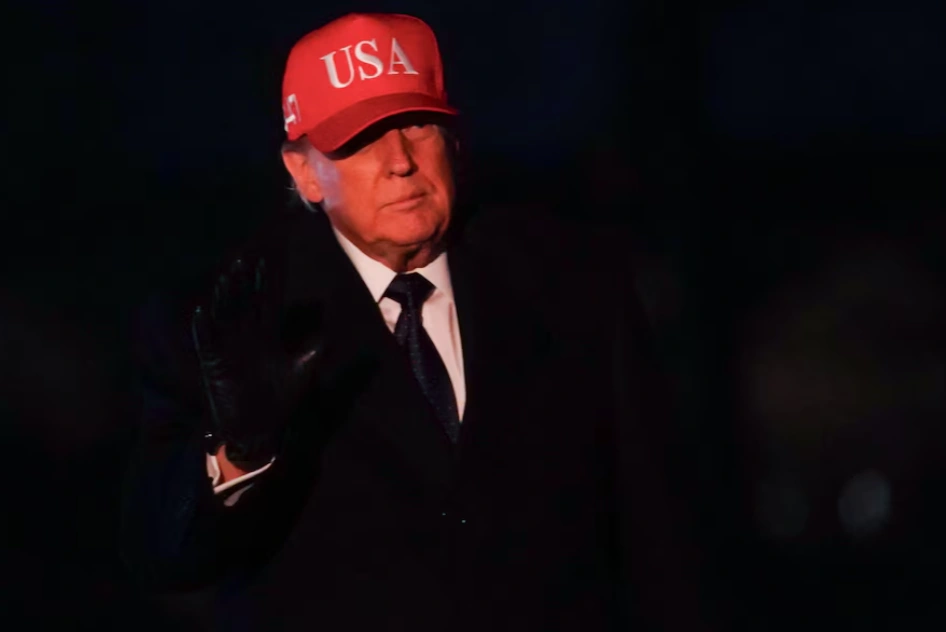This Wednesday, the United States House of Representatives approved by a narrow margin—215 to 211—a procedural motion that allows progress toward the final vote on three key bills regarding digital assets.
The vote represents a significant shift from the previous day, when a similar motion failed with 223 votes against, threatening to hinder the Trump administration's crypto legislative agenda.
The intervention of President Donald Trump was decisive, since on Tuesday night he called an emergency meeting in the Oval Office with 11 representatives who had voted against it. Subsequently, the current president announced on his Truth Social platform that the legislators had committed to support the motion the next day, which indeed happened.

The bill is about to be approved
The importance of this progress lies in the fact that the GENIUS Act, one part of the trio of bills that Republicans want to pass this week, was already approved by the Senate in June in a comfortable bipartisan vote of 68 to 30 in favor.
The content of the law establishes a federal framework for the issuance of stablecoins, requiring licenses and full-value reserves backed by U.S. dollars or equivalent liquid assets. It also provides consumer protections in bankruptcy scenarios.
If the House ratifies the bill without amendments, it could be signed by President Trump this very week, becoming the first significant cryptoasset legislation to pass both chambers of Congress.










